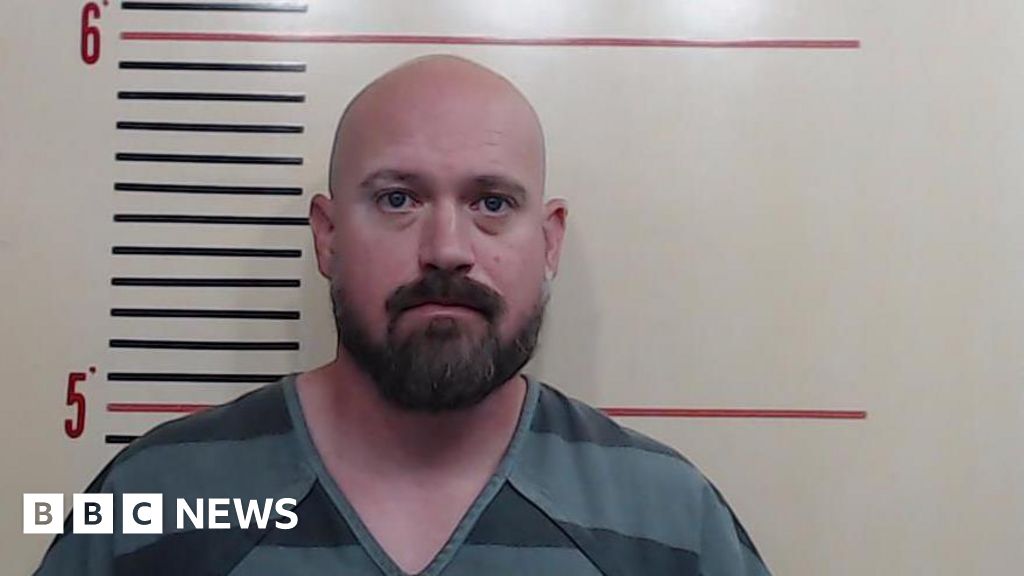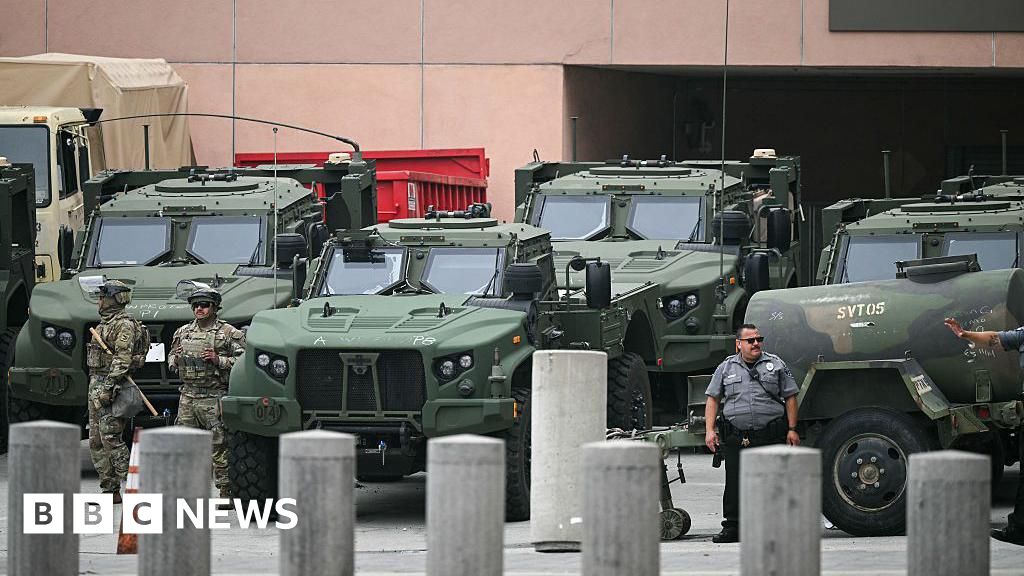ARTICLE AD BOX
 Image source, Getty Images
Image source, Getty Images
By Anthony Zurcher
North America correspondent
Republican support for Israel has been near monolithic since the 7 October attack by Hamas.
Conservatives argue the US is backing a close ally, standing up for the region's only democracy and sending a message that terror against civilians will not be tolerated.
But there's more to it than that.
Evangelical conservatives are a key part of the Republican party's coalition, and these religious voters - and politicians - have a connection to the state of Israel that runs deep.
George Washington University religious scholar Christopher Rollston says: "There's a strong sense within evangelicalism that the Jewish people are God's people.
"And there's a theological assumption that's pretty pervasive within certain segments of evangelicalism that the establishment of the modern state of Israel was the fulfilment of biblical prophecy."
The new Republican Speaker of the US House of Representatives, Mike Johnson, has strong evangelical ties.
The Louisiana congressman was one of a handful of politicians who addressed a crowd of 10,000 at a "March for Israel" event in Washington DC on Tuesday.
Quoting Israeli Prime Minister Benjamin Netanyahu, he called the conflict between Israel and Hamas "a fight between good and evil, between light and darkness, between civilisation and barbarism".
He said demands for an Israeli ceasefire in Gaza were "outrageous".
"It is my hope that this gathering today serves as a reminder to the entire world, but also to those within our own borders, that the United States stands proudly with Israel and the Jewish people forever," he said.
Image source, Getty Images
Image caption,Speaker Mike Johnson, a staunch evangelical, has been outspoken in his support of Israel
Mr Johnson stood on a stage bedecked with dozens of Israeli and American flags, the US Capitol in the background. Two senior Democrats, Senate Majority Leader Chuck Schumer and House minority leader Hakeem Jeffries, joined him, along with Republican Senator Joni Ernst.
They raised their hands together and led the audience in a chant of "we stand with Israel".
"There are few issues in Washington that could so easily bring together leaders of both parties in both chambers," Mr Johnson said, "but the survival of the state of Israel unites us together and unites all Americans".
The Democrats are divided, however. While the two congressional leaders, along with President Joe Biden, have been firm in their support for Israel following the attack, a growing number on the left are calling attention to Palestinian civilian casualties and condemning the Israeli military campaign.
With the exception of a handful of Republican politicians, however, dissent on the right has been missing.
When a standalone bill providing $14.3bn (£11.5bn) in US aid to Israel was introduced in the House of Representatives, only two Republicans - Marjorie Taylor Greene of Georgia and Thomas Massie of Kentucky - voted no.
"The United States government needs to focus on spending Americans' hard-earned tax dollars on its own country and needs to serve the American people, not the rest of the world," Ms Taylor Greene wrote on social media before her vote.
That's a far cry from the significant and growing number of Republicans who oppose continued US support for Ukraine, the world's other current major international conflict.
The influence of an evangelical leader invited to speak towards the end of the March for Israel's programme helps explain why Israel is treated differently by Republicans.
John Hagee is a Texas-based Christian minister and president of Christians United for Israel, which says it has 10 million members.
He's not without controversy. In 2008, he said the Holocaust was part of God's plan to return Jews to Israel. The Republican presidential candidate at the time, John McCain, declined his endorsement in part because of those comments.
The organisers of Tuesday's march, the Jewish Federations of North America and the Conference of Presidents of Major American Jewish Organizations, invited Mr Hagee to speak at their rally, however, as a part of a "voices of allies" segment. The organisers did not immediately respond to BBC requests for comment.
For his part, Mr Hagee was effusive in his support for Israel. He told the crowd that a line should be drawn uniting Christians and Jews and that there was no "middle" ground in the conflict between Israel and Hamas.
"We must all stand united with one voice and boldly declare over and over: Israel, you are not alone," he said.
In his deep southern preacher drawl, he placed the fate of Israel squarely in a religious context.
"The God of Abraham, Isaac and Jacob guarantees Israel's deliverance will come as proclaimed every year during Passover," he said. "Israel is the apple of God's eye. Israel is the shining city on the hill. God says of Israel, Israel is my firstborn son."
For some evangelicals, however, the ties between their religion and the fate of Israel have a darker hue. And it's where Mr Hagee's more controversial views come into play.
In the End Days, a certain strain of Christian theology holds, the Jewish people will either convert to Christianity or perish in flames. It is a key step towards Armageddon that is then followed by 1,000 years of peace, according to this belief.
A Pew Research survey last year found 39% of Americans - including 63% of evangelicals - believe humanity is "living in the end times".
And for the moment - on the stage in Washington on Tuesday and in the halls of Congress - the interests of Israel, Republicans and evangelicals are in alignment.

 1 year ago
50
1 year ago
50








 English (US) ·
English (US) ·